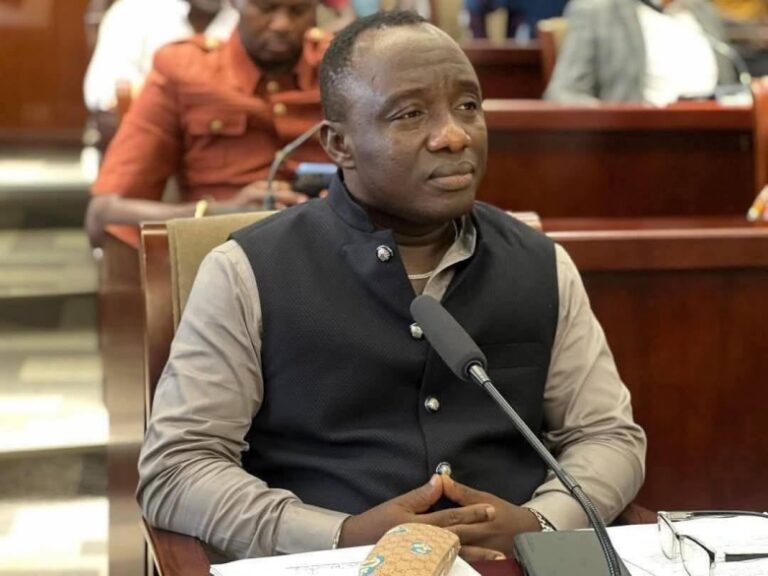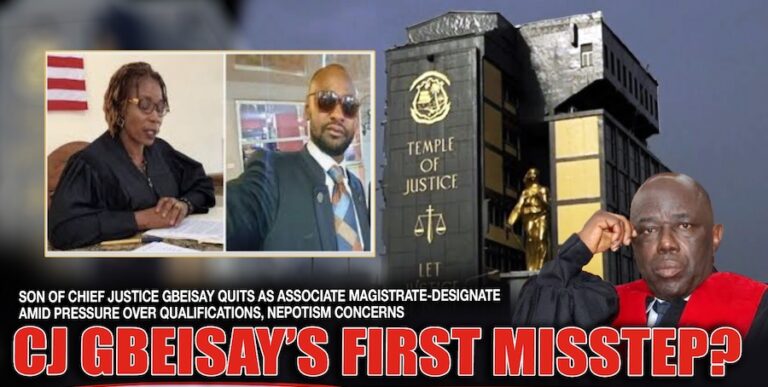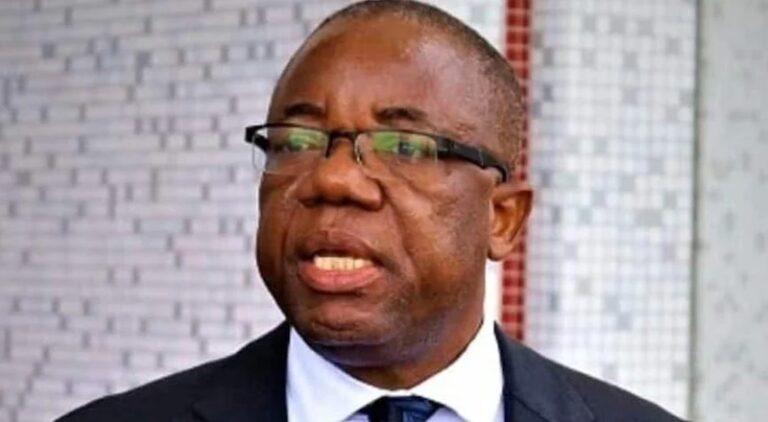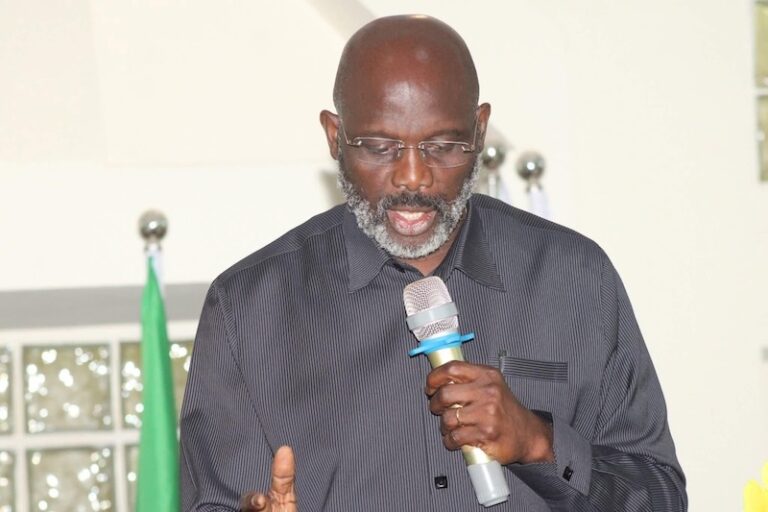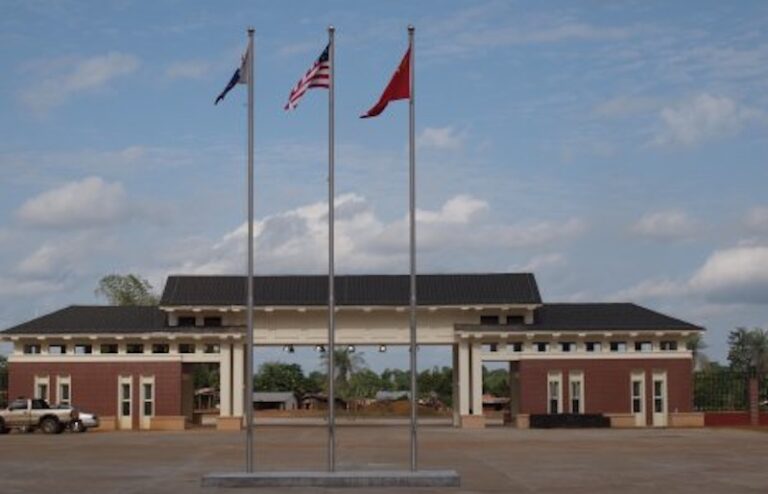
The Inter-Ministerial Concessions Committee (IMCC) on Saturday, July 5, successfully concluded negotiations with Ivanhoe Atlantic on a landmark Concession and Access Agreement that could transform Liberia’s mining and rail infrastructure landscape for decades to come.
The executed agreement, which outlines the terms for Ivanhoe Atlantic’s access to Liberia’s railway and port infrastructure, has been forwarded to President Joseph Nyuma Boakai. Once the President signs the agreement, it will be submitted to the National Legislature in keeping with constitutional procedures for ratification of Concessions. Ivanhoe Atlantic has been in negotiations with the Government of Liberia for over six years starting with the former Weah Administration.
Despite fierce opposition from those against a multi-user rail system including ArcelorMittal, the Government of President Boakai has decided to open up the rail corridor.
Government officials have praised the outcome of the negotiations as a milestone for Liberia’s long-term economic and infrastructure development strategy. “This agreement reflects Liberia’s commitment to opening up its strategic assets in a way that maximizes public benefit, attracts credible global partners, and stimulates inclusive economic growth,” said a senior official familiar with the process.
The negotiation, which has taken several months under the Boakai Administration and involved a wide range of technical experts, sectoral ministries, and legal advisors, aligns with President Boakai’s Executive Order 136, which established the National Rail Authority and formalized Liberia’s transition to a multi-user rail system with an independent operator by 2030.
Ivanhoe Atlantic, backed by U.S. investors and formerly known as High Power Exploration (HPX), holds one of the world’s largest high-grade iron ore deposits in the neighboring Republic of Guinea with over 750 million tons and plans to transport its ore through Liberia’s Yekepa-Buchanan corridor. The just-concluded agreement paves the way for the company to access Liberia’s existing rail infrastructure under fair, regulated, and non-discriminatory terms.
In the broader context, the deal also supports Liberia’s strategic aim to become a regional logistics hub for mining and industrial goods. Officials expect the access agreement to unlock significant investment in infrastructure, boost employment, and increase government revenues from rail use fees and mineral exports.
Saturday’s conclusion marks a critical step toward operationalizing Liberia’s long-envisioned multi-user rail model — one designed not only to facilitate iron ore transport but also to accommodate future uses such as agricultural freight, passenger services, and regional trade.
The agreement’s timing is also noteworthy, coming just days before President Boakai travels to Washington, D.C., for a high-level U.S.-Africa economic and security summit hosted by President Donald J. Trump. Liberia’s inclusion among only five invited African nations underscores growing U.S. interest in the country’s role in critical mineral supply chains and infrastructure development.
With the signing of the agreement now complete, attention turns to the National Legislature, which is expected to begin its review and ratification process in the coming weeks. Lawmakers from the counties most affected by rail and mining operations — particularly Nimba, Bong, and Grand Bassa — are anticipated to play a key role in shaping the national dialogue around the agreement’s implementation and oversight.
Observers say the Ivanhoe Atlantic agreement could serve as a model for future concession frameworks in Liberia, balancing investor confidence with strong governance, transparency, and local participation.
“This is a forward-looking agreement that positions Liberia to benefit from the global demand for critical minerals while ensuring that our people and our infrastructure are not left behind,” said a Government source close to the negotiations.
Signing for the Government of Liberia were The Minister of Finance, Minister of Mines and Energy, Minister of Transport, Chair of National Investment Commission (NIC) and attested by the Minister of Justice.
As Liberia moves into the ratification phase, stakeholders across government, industry, and civil society will be watching closely — hopeful that the new agreement can catalyze a more equitable and prosperous era of rail and mining development in the country.
Source: Liberian Observer








